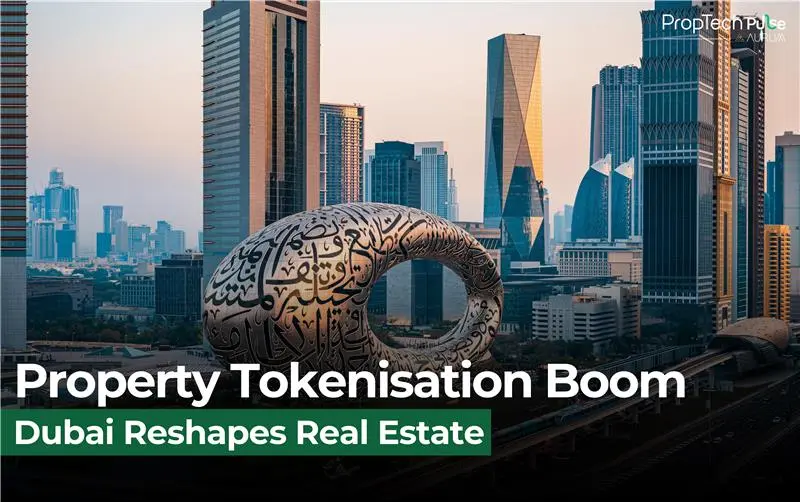
Dubai real estate tokenization is no longer just a futuristic idea-it has become a defining force in the global property market. By turning real estate assets into blockchain-based digital tokens, Dubai is creating an investment environment that is transparent, liquid, and accessible to both large and small investors.
In 2025, the city’s bold move into tokenization has set a new global benchmark. While other countries are still exploring pilot projects, Dubai has already implemented large-scale tokenized property transactions, reinforcing its reputation as a pioneer in real estate innovation.
To understand Dubai’s leap, let’s break down the concept:
This system removes traditional barriers, giving more people access to high-value real estate while providing investors with greater liquidity.
Dubai didn’t stumble into tokenization-it planned carefully, leveraging its forward-thinking regulations, investor-friendly climate, and reputation for embracing technology.
Dubai regulators, including the Dubai Land Department (DLD), have embraced blockchain-based systems for years. Tokenization fits neatly into the city’s broader vision of creating a “smart, transparent real estate hub.”
Dubai is already a magnet for international investors, from Europe to Asia. Tokenization adds another layer of accessibility, allowing even small-scale investors worldwide to participate in Dubai’s booming property market.
With government-led blockchain strategies and partnerships with leading fintech firms, Dubai has positioned itself as a global blockchain capital-well before tokenization gained traction elsewhere.

The introduction of tokenized assets has had immediate effects:
In 2024, Dubai witnessed its first tokenized property sale completed within 24 hours, highlighting how quickly this new system is reshaping the market.
Dubai real estate tokenization offers unique advantages that traditional property investment often cannot:
For developers, tokenization is more than a financial innovation-it’s a marketing tool. By offering fractional ownership, developers can:
Large-scale projects in Dubai, including luxury towers and waterfront villas, are already being structured with tokenized investment options.
While the outlook is bright, Dubai real estate tokenization faces challenges:
Despite these challenges, Dubai is clearly ahead of the curve, and its proactive stance gives it a competitive advantage.
What makes Dubai unique is not just its adoption of tokenization, but its ability to set the global standard. Real estate hubs in Europe, the U.S., and Asia are watching Dubai’s progress closely.
Financial analysts predict that by 2030, 20% of all property transactions globally may involve tokenization—and Dubai will remain the leader that paved the way.
Looking ahead, tokenization is expected to:
With these trends, tokenization isn’t just a passing phase-it’s the future of global real estate, and Dubai is at its center.
Dubai real estate tokenization is rewriting the rules of property investment. By combining innovation, transparency, and accessibility, Dubai has positioned itself as the global pioneer of tokenized real estate.
Investors around the world now see Dubai not only as a luxury property destination but also as a leader in the digital transformation of real estate.
The message is clear: if you want to see where the future of property investment is headed, look no further than Dubai.
Do follow us : Instagram
